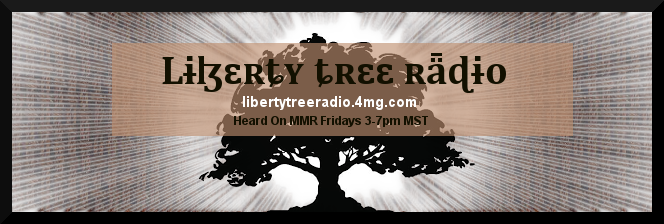I'm sure you've heard the phrases 'in-vitro' and 'in-vivo', e.g. we've all heard the expression 'in-vitro fertilization'. In fact, we've all heard the discussions of artificial life.
'Vitro' means 'glass', so human IVF may also referenced under the topic of 'test-tube babies'. The first test-tube baby was brought to term in 1978.
Artificial life....? No, that refers mainly to computer simulations of living systems.
What I meant to refer to is 'synthetic' life. Still not it...... Try 'artificial cell'.
Most informed folks believe that artificial cells have already been or are just about to be produced.
As far as we know, I'm the best informed opposing view. My opposition comes from several areas of concern.......
1.) Artificial intelligence
2.) Holism vs. reductionism
3.) Teleology
4.) Paranormal phenomena
5.) Mind-brain problem
6.) The problem of objectivism
2:35--------------
The fact is that no life form has been artificially produced. I'm tempted to wager that life cannot be produced from 'scratch'. Would I wager the BPWH on that claim? I might wager half of it.
One of the longest debates between science and religion has concerned the origin of life...... did life arise by chance? I don't know of any scientist who has contested that claim, other than those in the employ of religious institutions, e.g. those who espouse intelligent design (ID).
But here's an argument I'm not hearing..... Forget the spontaneous generation of life. Could a life-form be assembled in the lab?
Almost everyone, including the IDers believe so. In fact, the IDers see God, qua Creator, as acting like a lab technician. The simplest life-form is, by definition, a prokaryote.
But check this out, under artificial cell.......
By 2014, self-replicating, synthetic bacterial cells with cell walls and synthetic DNA had been produced. In January of that year researchers produce an artificial eukaryotic cell capable of undertaking multiple chemical reactions through working organelles.
It seems that no one has the wherewithal to challenge this claim. It sounds like I've already lost my wager, but then we have to read the fine print.......
So far, no completely artificial cell capable of self-reproduction has been synthesized using the molecules of life, and this objective is still in a distant future although various groups are currently working towards this goal.
It seems that we have a contradiction here.......
It seems like we have all the components of a cell, but only in the 'distant future' might we be able to put the parts together. What is the catch? IMHO the catch is the MTOC and whatever is its prokaryotic equivalent. I have found no reference to a prokaryotic MTOC. But I haven't actually looked.
Actually, no organelles have been artificially produced. I am using the prokaryotic cell as a proxy for any eukaryotic organelle.
Here is the giveaway, under 'centrosome'.......
Centrins have therefore been present in the common ancestor of eukaryotes. Conversely, they have no recognizable homologs in archea and bacteria and are thus part of the "eukaryotic signature genes." Although there are studies on the evolution of the centrins and centrioles,no studies have been published on the evolution of the pericentriolar material.
We have here a double whammy wrt MTOC's...... there are evolutionary pathways to every eucaryotic component except for the 'psuedo-organelle', the controsome/MTOC.
If I wish to hedge my bet slightly, I would draw the artificiality barrier at the centrosome. But, in the meantime let's continue with the prokaryotes.
4pm-------
When I search under 'MTOC homologs' I run into Apicomplexa. The malarial parisites are of this phylum. This phylum is lacking in centrosomes, and it may be unique among eucaryotes in that regard.
Apicomplexa are in the kingdom of protista, a grab-bag of simple eucaryotes that fit nowhere else. Many owe their simplicity to being obligate parasites.
I also need to take into account the production of spores.
11:30--------
A question arises as to whether it might be easier to artificially produce a bacterial spore rather than a functioning bacterium. I see no comments on this possibility. However, the mere fact that dehydrated bacteria can regenerate would seem to favor the possibility of an in-vitro assembly of bacteria. Such spores, however, do not figure in the production of artificial cells. Even eukaryotic spores can be regenerated after millions of years of dormancy.
(cont.)






















» Why are we here?
» The scariest character in all fiction
» WRATH OF THE GODS/TITANS
» Uanon's Majikal Misery Tour "it's all smiles on the magic school bus"
» What Music Are You Listening To ?
» Livin Your Best Life
» OMF STATE OF THE UNION
» Baudrillardian hauntology - what are some haunting truths to our reality?